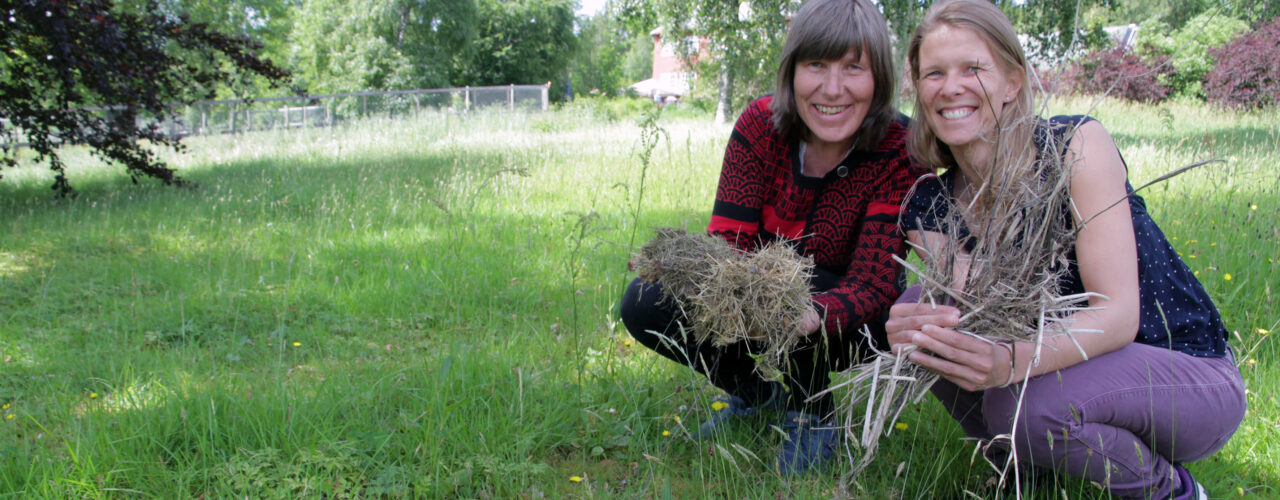
Improved estimation and mitigation of nitrous oxide emissions and soil carbon storage from crop residues (ResidueGas)
The current estimations of N2O emissions from crop residues are associated with some of the highest uncertainties in national GHG inventories.
These uncertainties relate to
- the amount and N content of the returned residue
- the magnitude of N2O emissions associated with the application of residues to soils
- how this differs with crop species, soils, climate and management.
ResidueGas aims to:
- Propose a new and improved methodology to estimate N2O emissions associated with crop residues for the most important cropping systems in Northern Europe, for use in national emissions inventories.
- Assess the relative importance of crop residue management for total N2O emissions and the C and N balance of agricultural soils across different cropping and residue management systems for various pedoclimatic conditions, as a basis for the identification and implementation of mitigation strategies.
ResidueGas will, through reviewing existing findings and data, targeted experimental studies for Europe, and improved modelling, suggest a new method to account for N2O emissions from soil receiving crop residues. Furthermore, ResidueGas will evaluate the mitigation potential of combined effects on soil organic carbon (SOC) storage and N2O emissions from residue incorporation and develop new software tools that will assist in identifying and quantifying these mitigation options. NORSØK is leading WP4 which is responsible for quantifying the magnitude and variability of N2O emissions associated with the application of crop residues to soils based on a meta-analysis and a review of relevant conducted experiments, and identify strategies to reduce emissions. You will find more information here.
